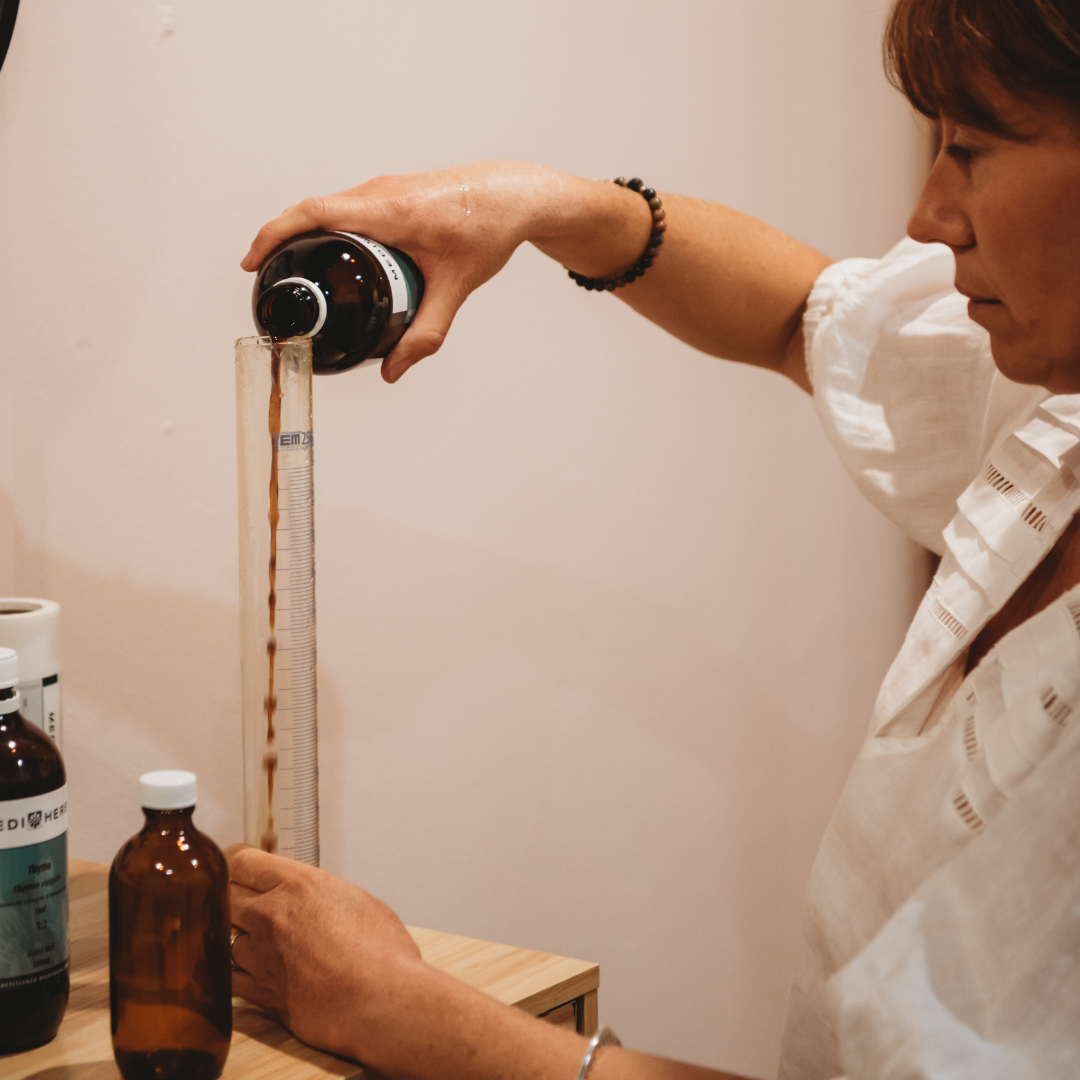Polycystic ovary syndrome (PCOS) is a common diagnosis that patients come to see me for in the clinic.
What is PCOS?
Polycystic ovarian syndrome (PCOS) is a hormonal disorder, affecting around 1 in 10 women of reproductive age. It is more common in Aboriginal and Torres Strait Islander women, where it affects around 1 in 5 women. Women with PCOS produce higher levels of certain hormones. These include insulin and a group of hormones called androgens, which includes the hormone testosterone.
PCOS is often confused with the term ‘polycystic ovaries’. ‘Polycystic ovaries’ is a term used to describe how ovaries look on an ultrasound scan. If an ovary looks as though it has more than 20 follicles, it may be described as ‘polycystic’ These follicles are fluid filled sacs containing developing eggs. Polycystic ovaries are fairly common, found in around 25% of women. They are mostly discovered by accident when having an ultrasound for other reasons, as they do not appear to cause any symptoms. You can have ‘polycystic ovaries’ on an ultrasound scan without having Polycystic Ovary Syndrome. You can also have Polycystic Ovary Syndrome without having ‘polycystic ovaries’ on your ultrasound (Endocrine Society of Australia 2021).
Symptoms of PCOS can differ between women, and in severity too. It is characterized by irregular periods and a failure to ovulate regularly, which may lead to infertility. The menstrual cycle is often longer in length, or the period may have been missing for months at a time.
In PCOS, androgens such as testosterone are elevated on blood tests or there are symptoms of hirsutism which is excessive growth of dark or coarse hair in a male-like pattern on the face, chest, or back.
Insulin resistance is a common driver of PCOS. This is when you have too much circulating insulin which can impair ovulation and cause the ovaries to make testosterone instead of oestrogen.
How do I work with PCOS?
Sugar in the diet can be a major offender for causing insulin resistance. Other causes can be smoking, stress, the pill, sleep deprivation, alcohol, bad fats, unhealthy gut microbiome, environmental toxins, and nutritional deficiency.
Naturopathic treatment aims to increase insulin sensitivity, reduce androgen/ testosterone levels, and rebalance hormones to restore regular menstrual cycles. Herbs and nutrition are used to correct insulin resistance, support ovarian function, and promote ovulation. Herbs may be used to support the adrenal glands and the stress response and to reduce inflammation. Refined sugars and inflammatory foods are eliminated from the diet, and nutritional deficiencies are corrected. Magnesium deficiency, for example, is often found when there is insulin resistance. A nutritional supplement that may also be used to improve PCOS is Myo-inositol which can improve insulin sensitivity, lower androgens, and support regular ovulation. Vitamin D deficiency should also be checked for. Vitamin D (sunshine!) is necessary for the proper functioning of insulin and it promotes healthy ovarian follicle maturation and increases the chances of ovulation.
If you would like help to get your cycle back, please come and see Rebecca. You make a booking online here. Virtual and In-house appointments are available.

